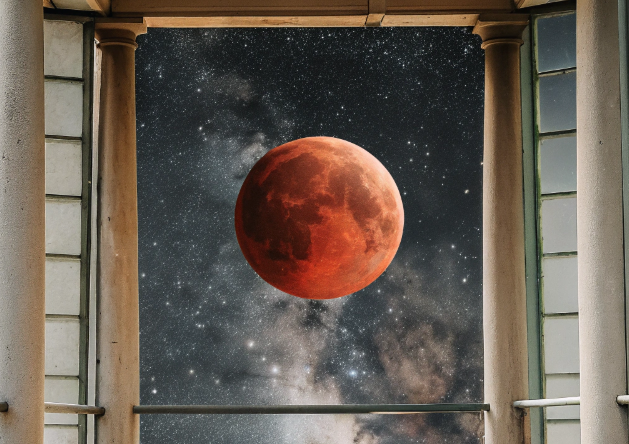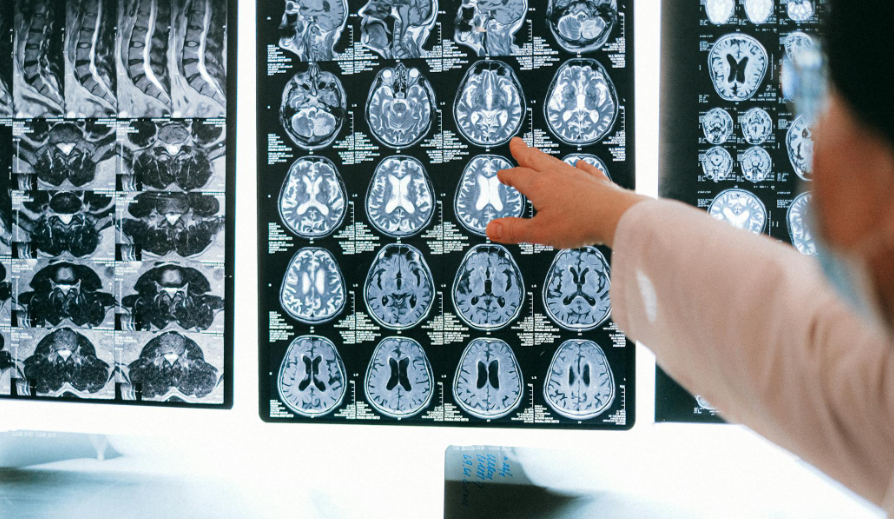Do Opposites Attract? – The Relationship Compatibility Myths

© Gift Habeshaw / Unsplash
If you are one of those people that was shocked to find out that Timothée Chalamet and Kylie Jenner were dating, then you have definitely asked yourself: What do they even have in common? Do opposites really attract THAT well?
Well, the common belief that just like magnets, people also attract if they are completely different from one another, has been present for longer than you may think. From Damon and Elena to Penny and Leonard, TV shows have always had a weak spot for quirky couple pairings that you would be surprised to see in real life. How is that possible? Let’s dive into some common relationship compatibility myths together!
“Opposites Attract” Origins
Although there is a popular belief that opposites do attract the way that magnets do, there’s a counterargument that people with the same attributes also tend to stick together. So, what’s the truth? Well, there are many studies that support one or the other.
However, despite the commonalities, instead of differences, the main thing to consider is that personality and biological traits are the main contributor to attracting partners to one another.
What Research Says About Relationship Compatibility
In 1961, Robert Winch, researched topics around complementary needs and how humans are attracted to each other. The sociologist interviewed married couples and tried to create a link between each partner’s personality traits and their compatibility in the relationship.
Winch’s research proposed that if you want a successful marriage, certain personality traits, particularly socially related ones like aggressiveness and assertiveness, should complement each other rather than being opposite.

However, other studies have also discussed their research. Some of them agree with Winch’s notion that personalities need to complement each other. They have showcased that spouses who exhibit aloofness go for partners who are warm and affectionate. This pattern is then said to work on traits such as dominance and submission as well.
Overall, while many might believe that opposites may attract, research leans toward the belief that similarity is a significant factor in partner attraction.
Do Opposites Attract?
Well, not necessarily. Building a healthy and sturdy relationship depends on more factors than just superficial differences. Even people who are not part of the same racial or social group can find similarities that can attract them to one another.
So, what is the best building block for a solid relationship? The most important thing is to have the same ethics and values, as stated by a study from eHarmony.
Is this Conclusion Final?
Realistically speaking, not really. Opposites can still attract and there is an explanation for that.
These distinct types of relationships differ from natural connections that people can establish. Those who seek attraction in different personalities and physical appearances are at higher risk of developing trauma bonds. This can have a great effect on their self-esteem and confidence, which can then create problems with setting boundaries.
These relationships are closely linked to attraction due to deprivation. This means that people who partake in such relationships, ask for love and care from partners even if they can’t provide it, as a result of abandonment fears. Patterns like these show that although opposites attract, they do so for the wrong reasons.
We hope this has helped you bust some common relationship compatibility myths and that you have a better understanding of whether you should choose a partner that is completely different from you or the same or similar to you.
What do you think, are you more attracted to opposites or to similarities? Let us know down below!


